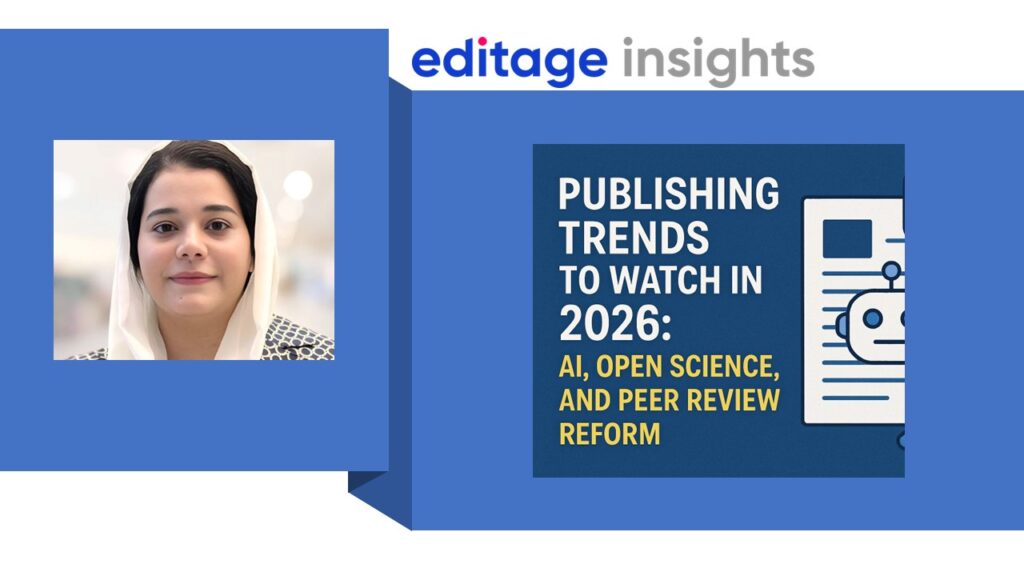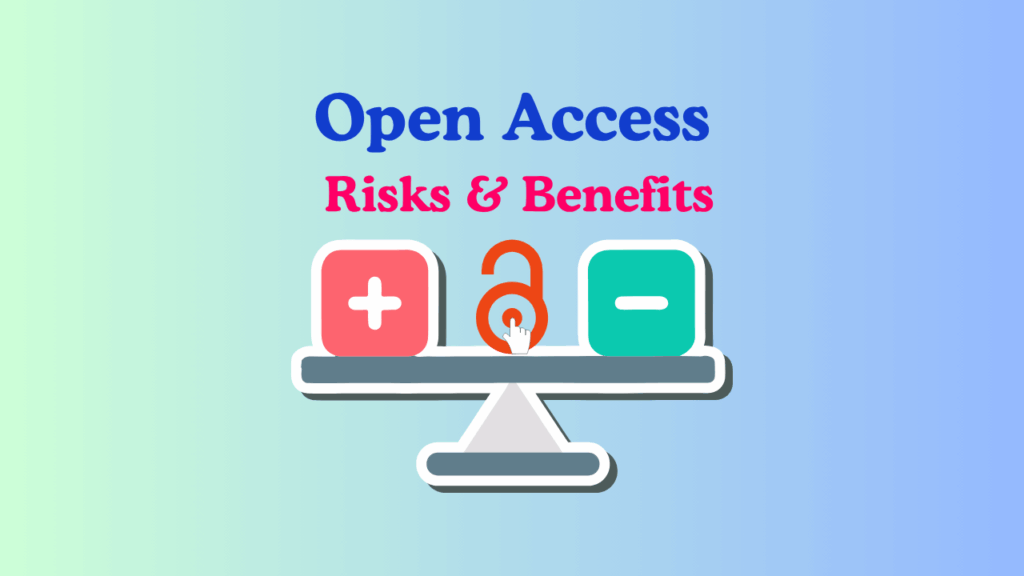Open Access Week 2022 special: Finding funding for article-processing charges

Dr. Vrushali Dandawate is Head Librarian at AISSMS College of Engineering College Pune, Maharashtra, India, and she holds a Ph.D. degree from Reva University, Bangalore, India. Her research topic is “Open Access E-Resources Development in Asia: A Study.” Vrushali was the winner of the ALCTS Online Course Grant for Library Professionals from Developing Countries in 2014, and the INASP Open Access Week competition in 2015 and 2016. She was invited to OpenCon 2017 in Berlin, Germany, and subsequently worked as a member of the organizing committee for OpenCon 2018 in Toronto, Canada. She also served as an advisory committee member for Open Access Week 2018 and 2019. She was selected as an advisory committee member of OpenDOAR and a conference committee member of the FORCE2021 Conference. She is an active Ambassador of DOAJ India.
The cost of publishing articles in OA journals can vary quite widely. Could you briefly discuss the reasons for this variation and which factors typically influence article-processing charges?
Article-processing charges (APCs) that authors pay cover the costs of peer review administration and management, website hosting, expert production of articles in PDF and other formats, and distribution of published papers in multiple venues. APCs vary from publisher to publisher. The quality of the journal, publisher size and type, and journal impact can all affect the APCs. Typically, APCs charged by commercial publishers in Europe and the US are higher. Major publishers decide APCs as per the GDP rates decided by World Bank. Some journals, in fact, have reduced or removed APCs through sponsorship from a society, university, or other supporting organization.
Inability to afford APCs is a very common reason why researchers don’t choose to publish in an OA journal. So, this is a major barrier to the adoption of open access among researchers. Could you talk about whether journals, publishers, and societies offer discounts and waivers for underfunded authors or authors from low-/medium-income countries?
Yes, authors from low- and middle-income countries cannot afford the heavy APCs for some journals. Most authors believe that publishing in journals will be extremely expensive for them and that they will not be able to afford it. They also lack knowledge regarding APCs and open access publication. But many publishers have a fee-waiver policy for researchers from developing countries. These policies generally give a full waiver for authors in low-income countries, as classified by the World Bank, or those in the Research4Life program, and partial waivers for middle-income countries. However, a large number of OA journals do not require authors to pay. Almost 70% of the journals listed in the Directory of Open Access Journals (DOAJ) do not charge any APC.
How can researchers plan for APCs at the time of applying for funds/grants?
Some funders allow authors to include publication costs in the budget of the main research grants. When a researcher is applying for the research grant, he/she must include publication fees also. Authors may need to fulfill specific requirements before being eligible for APC funding, according to funders and organizations. Prior to the release of money, confirmation that these standards are being met may be asked, for instance, as part of an application form, or compliance may be subsequently checked.
To be eligible for APCs, authors need to know what the requirements of the funding agency or grant-making programme are; sometimes, funding may only be available for publications in journals with complete open access and only for those articles published under specific open access licenses, most commonly under the CC-BY license.
How can researchers utilize their grants/funds judiciously so that APCs can be covered, if the funder doesn’t explicitly compartmentalize spending on APCs?
Researchers can wisely use the grants and funds they are receiving. Most of the funds are required for the purchase of software and for infrastructure and attending conferences/presenting papers. Researchers can save some money from this and utilize those funds to cover APCs to publish their research open access. In my opinion, researchers should set aside 5–10% of their budget for APCs. When researchers apply for funding, they should, if at all possible, verify the APCs of the journals where they want to publish their work. They need to include that money in the budget proposal. They can also check with their institute if there is funding available for open access publishing.
If their funding does not cover APCs and they are not eligible for discounts/waivers, can researchers still secure financial resources for just APCs and publish OA? What types of funding bodies offer such support?
Some universities have funds that can be used to support their authors to publish in OA journals. Other funding sources may be available; for example, Springer Nature has a list of funding institutions in various countries. Some publishers have “transformative agreements” that allow researchers to publish OA in any of that publisher’s journals. A registry of these agreements is available online. Alternatively, look for a journal that does not charge an APC.







